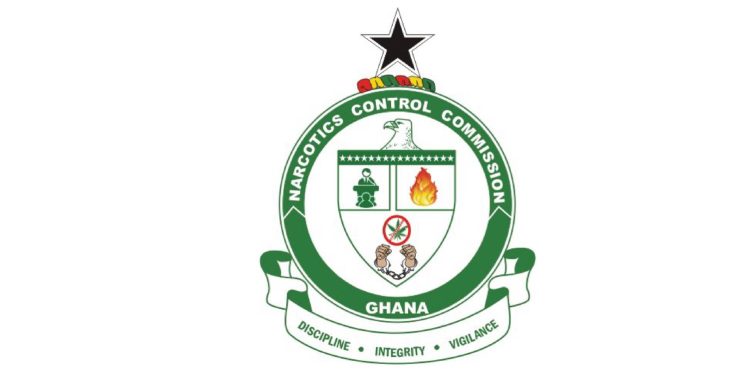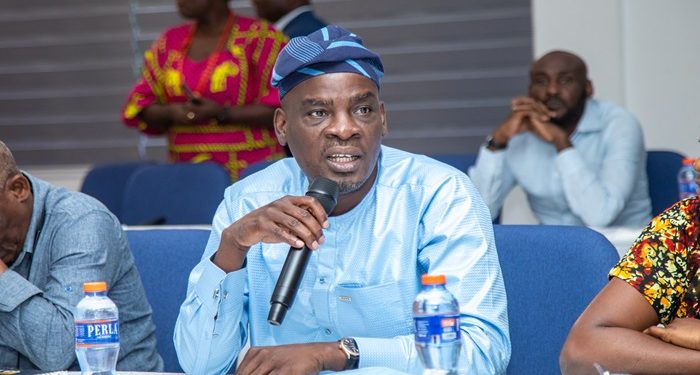Accra, Sept. 16, GNA – The Ghana Poverty Reduction Strategy (GPRS), the country’s economic framework, has been less successful in alleviating poverty since its introduction some three years ago. There has also been insufficient attention paid to the situation of women in politics and their role in economic activity, the Ghana Social Watch Coalition said in a report launched in Accra on Friday. The report is contained in this year’s 2005 Global Social Watch Report on the theme, “Roars and Whispers, Gender and Poverty, Promises versus Actions”.
It is made up of reports by civil society organizations from 51 countries on the socio-economic situation in their respective countries. The report’s main finding is that with slow progress in economic development most of the countries would be unable to meet the Millennium Development Goals (MDGs) by 2015.
The report also dealt precisely with the gap between promises and action by Governments in dealing with the issues of gender and poverty. The Ghana Social Watch Coalition, an umbrella of advocacy organizations, said in the report that the GPRS did not depart from past policy choices and was still burdened by donor conditions.
The Coalition, which included the Third World Network, Abantu for Development and Ghana Association of the Blind, is therefore asking government to incorporate a gender perspective in the GPRS and all policies implemented to combat poverty.
Miss Pauline Vande-Pallen of the Gender Unit of the Third World Network Africa who presented the Ghana Report said despite years of economic reforms women continued to face marginalization in all spheres of economic life, including education and employment.
She said economic and educational obstacles faced by the women had also limited their access to sexual and reproductive health. Miss Vande-Pallen criticized the poor analysis on gender related aspects of poverty in the GPRS and expressed concern about the poor consultation process in fashioning out the strategy. “Women in the informal sector of the economy are at disadvantage because they are precariously employed and most have only a basic level of schooling,” she noted.
Statistics indicated that 81 per cent of women had no formal education as compared to 63 per cent of men, signifying that women were at disadvantaged in seeking employment and that gender inequity was clearly evident in education.
Dr Yao Graham, Coordinator of TWN, in a summary of the various reports said the launch was part of a multi-national process to coincide with the United Nations session in New York, which was reviewing progress made in the attainment of the MDGs. The launch also marked the 10th anniversary of the Social Watch Report. 16 Sept. 05
Source: GhanaWeb










